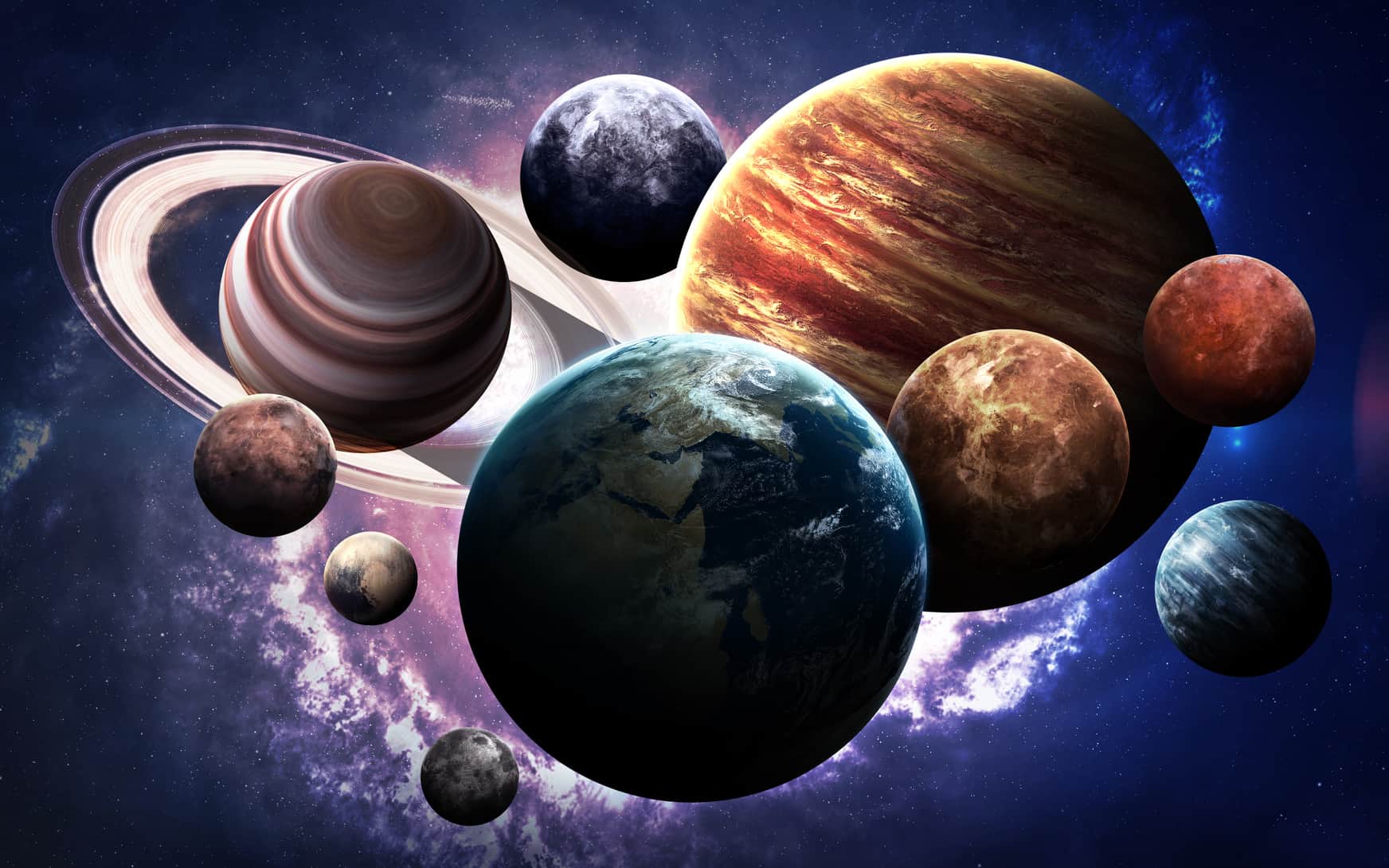For the first time in a decade, Mercury, Venus, Mars, Jupiter, and Saturn will be in planetary alignment beginning tomorrow, January. They will remain this way through February 20.
The best part is they will be visible to the naked eye!
According to Dr. Alan Duffy, a research fellow at Swinburne University in Melbourne, Australia, people in the Northern Hemisphere can view this phenomenon by 6:30 AM Eastern Daylight Time. He said to look toward the south sometime before sunrise for the best viewing experience.
Dr. Duffy said this alignment is a “quirk of the universe,” as they have different yearly cycles. As rare as this planetary alignment is, you certainly won’t want to miss it!
Dr. Tanya Hill, a senior curator at the Melbourne Planetarium, explained that another planetary alignment would occur in August. But it won’t occur again until October 2018. Unfortunately, distant Uranus, Pluto, and Neptune won’t appear to us in the sky, at least without a telescope. However, if you have a keen eye, you might spot Uranus close to the horizon.
Jupiter and Venus will appear most vividly in the sky. However, Mars should be fairly easy to spot with its bright red glow.
Some tips for seeing the planetary alignment are to go out of the city where the horizon is clear and avoid any place with trees or buildings obstructing your view. Also, hold your arm up straight from the horizon to the moon, and the planets should fall along that line. If you don’t see the planetary alignment the first time, try going out on a less cloudy night if possible.
Another interesting thing to note is that the planets will appear in a different order than they do from the sun. Starting from the eastern horizon, Mercury and Venus will appear first, then Saturn, then Mars, and finally, Jupiter.
At first, Mercury will be hard to spot since it will sit very low near the horizon. But in February, it will rise higher in the sky, making it easier to view.
While you will have to wake up quite early to enjoy the planetary alignment, this rare event in our beautiful sky will make you grateful to have rolled out of bed an hour or two earlier than usual!












 Community
Community

